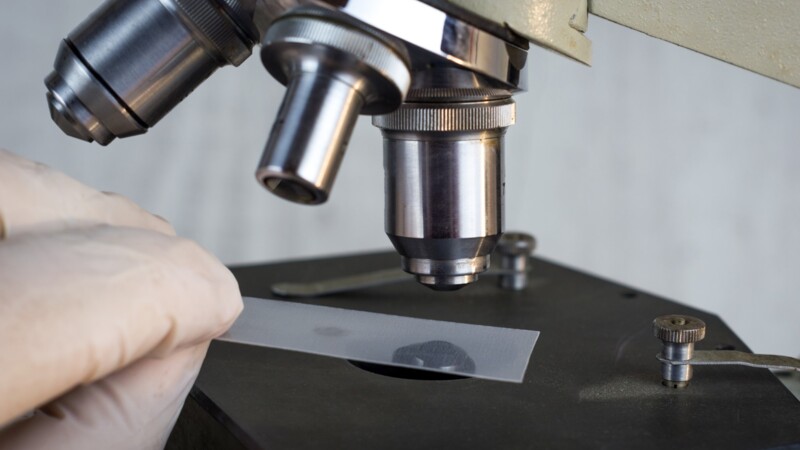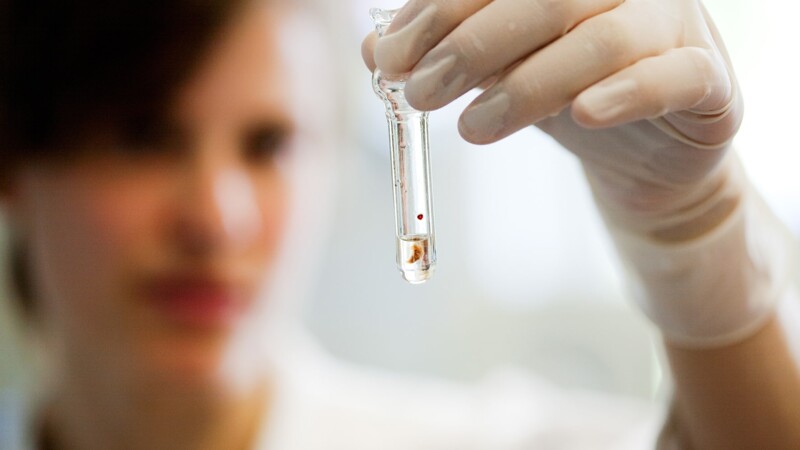"The pandemic has impressively demonstrated how important the results of autopsies are for gaining scientific knowledge and providing patients with tailor-made care," said Prof. Dr. Blanche Schwappach-Pignataro, Dean of the Medical Faculty and member of UKE's Board of Directors. NATON will be a nationwide pool of expertise in forensic medicine and pathology for combatting pandemics. "The findings of this centralised research platform will benefit patients and form a valuable basis for dealing with pandemics in future," she added. A total of 33 institutes at German university hospitals and non-university institutions are taking part in the joint project.
The German Ministry of Education and Research (BMBF) has earmarked EUR 4 million in funds for the National Autopsy Network (NATON) to come up with standardised findings on pandemic pathogens such as SARS-CoV-2 from autopsies through 2025. future, a press release said Monday (April 17, 2023). The joint project, co-ordinated by the University Hospital Hamburg-Eppendorf (UKE) and the Rhenish-Westphalian Technical University Aachen (RWTH), should strengthen the fight against pandemics and improve patient care in future.
Network pools forensic medicine and pathology
Network to boost pandemic research
"An autopsy offers a unique opportunity to see the effects of a disease on a person's entire body," said Prof. Dr Benjamin Ondruschka, Director of the Institute of Forensic Medicine at UKE and co-ordinator of NATON. The infrastructure of NATON should gather medical-scientific data from autopsies and large amounts of samples, process them adequately and make them available to researchers. The German Registry for COVID-19 Obductions is to serve as the electronic backbone, which is to be expanded to a National Autopsy Registry (NAREG). The register can also be used for cases other than COVID-19, said Prof. Dr. Peter Boor, co-ordinator of NATON at RWTH Aachen University.
nj/pb
Sources and further information
More
Similar articles

EUR 7.5 million ERC Advanced Grants for UKE and University of Hamburg

UKE-led cancer research secures over EUR 9 million in EU funds

Five young UKE researchers win "Dr. Martini Prize"
